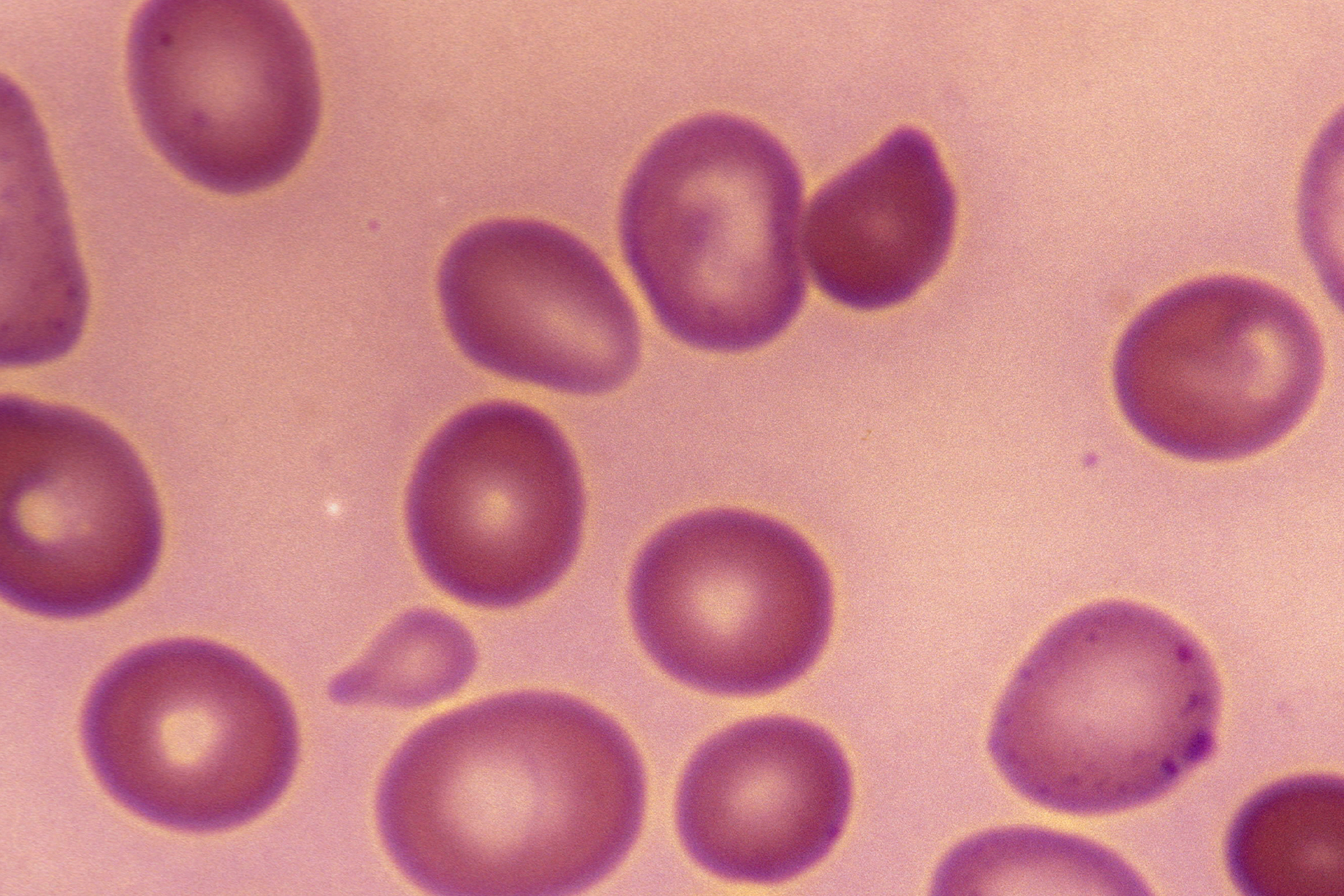It is estimated that about 4 to 5 billion people worldwide may suffer from iron deficiency (essential for the formation of hemoglobin), and about 15% of the world's population presents a clinical picture compatible with anemia. In more developed countries, it is estimated that about 9.1% of the population is affected by the disease - in Portugal, the values are more than double this average. Of the population affected by this disease, about 84% are unaware that they have anemia (1 in every five Portuguese people), and only 2% of the population receives any form of treatment for this condition.
The main symptoms of anemia are fatigue, leading to a reduced physical and mental capacity of the patient. There is an increased demand for effort on the heart, which can worsen underlying heart failure. Anemia causes a wide range of symptoms, including irritability, dizziness, lack of concentration, headaches, depression, changes in sleep, fainting, brittle nails, and loss of appetite.
Among the various causes of anemia are iron deficiency, inflammatory bowel diseases - which interfere with the absorption of iron from food - and chronic diseases such as rheumatoid arthritis, kidney failure, and HIV/AIDS. Women, due to menstruation and pregnancy, report higher rates of anemia than men in general.
For the treatment of anemia, a diagnosis in Clinical Hematology is essential, confirmed by blood tests. In case of confirmation of an anemic condition and depending on the cause of anemia, treatment may include the administration of iron supplements and/or vitamin B12, essential for the absorption of this nutrient. To prevent anemia, it is essential to adopt a balanced diet focused on the intake of foods rich in iron, vitamin B12, and vitamin C - the latter being essential for iron absorption. The diet should favor the intake of red meat, fish, fruits, dark green leafy vegetables, citrus fruits, and kiwis. Regarding nutrition, to ensure that it is most suitable for your health condition, it is essential to be followed by a nutritionist who can precisely guide you on how to adjust your diet to better prevent or treat anemia.
